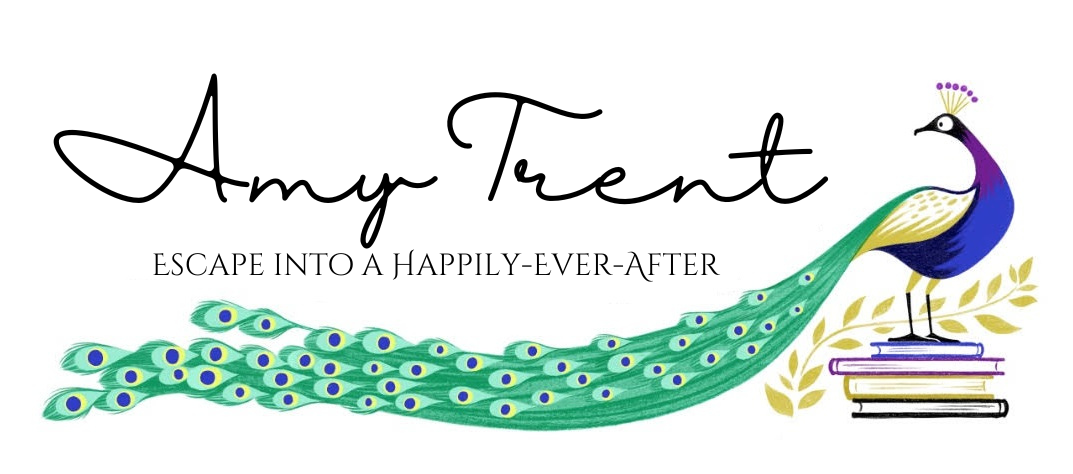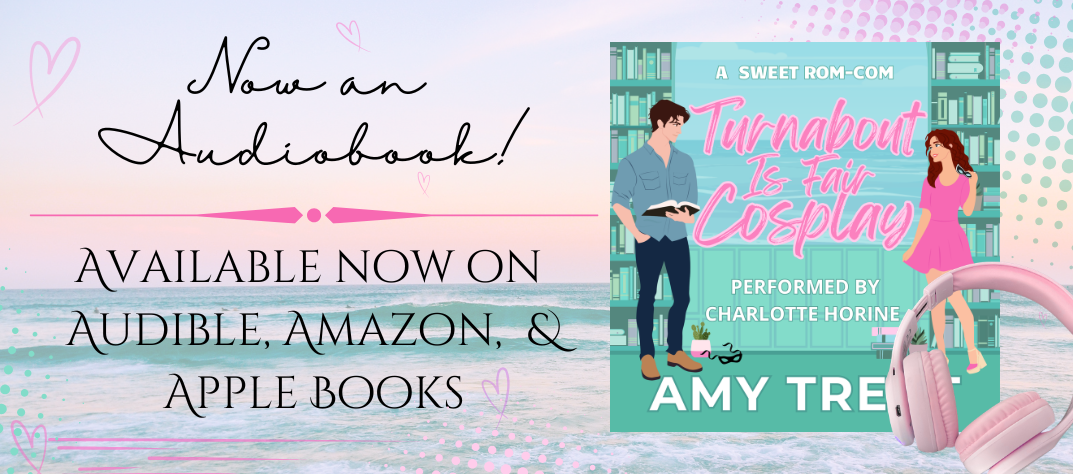Last month I taught a workshop at the Rocky Mountain Fiction Writers 2025 Colorado Gold Writers Conference called The Art of the Apology: The Hidden Superpower of Literature’s Swooniest Scene. I stuck the sign you see pictured above on the door before my workshop thinking it was funny, but everyone thought it was an announcement that my workshop had been canceled. Good thing I was standing right next to the sign to assure them it was just a joke. Anyway, it was a blast, and I loved discussing and exploring what makes for good apologies with everyone who came. I’m sharing today some of the notes and resources that I used in my workshop. Preparing for this class was as fun as teaching it. Who knew apologies were so exciting?
In the lead up to the conference, my daughter helped me by creating a Spotify playlist of pop songs that are all apologies. I played Madonna’s “Sorry” before class started and quoted from this songs throughout my presentation (which very much upped my GIF game). More than that it showed how varied the emotions associated with apologies can be and how ubiquitous incomplete apologies are in our culture. The link to the playlist is below. Be advised some of the songs contain explicit content, listener discretion and all that is important.

Why are apologies frequently tired to the climax of stories? Who apologizes in literature? Heroes? Villains? Both?
Apologies transcend genre and audience. They are profoundly human, and when they are used effectively can do so much for us, our relationships, and in the writing world our stories and readers. A good apologies shows (not tells) us that a character has grown. A good apology can be romantic, inspiring, poignant, and soul-satisfying. A bad apology can trip warn bells, make us uneasy, even suspicious. No matter the genre you write in, apologies are a tool you can use to deliver a story your readers will never forget.
We all know what an apology is, but complete, well executed apologies are rare in our everyday lives. As the mama of twice exceptional kiddos, I’ve had a lot of support and need for breaking down the nuances of social interactions into understandable, executable steps. Same goes with being the spouse of a twice gifted, neurodivergent man. And you better believe that one of the social interactions we’ve dissected into easy steps are apologies. That said failing to land apologies isn’t a unique struggle of the neurodivergent population. Every day, brilliant, insightful, whip-smart, successful people struggle to apologize. Apologies are hard. As Dr. Laurie, my former therapist, quipped, “It’s one of the reasons we have marriage counselors.”
Our workshop objective was to learn the four crucial elements of an apology and use them as a framework for identifying effective apologies in literature and crafting effective apologies in our fiction.
Apologies have four elements. They can be executed in any order, but the following tends to make most logical sense to offenders and the offended.

When one of these elements is left out, people/characters/readers can start to feel things that the offender or the author may not intend. I shared the following mood meter.

Southern Adventist University has a good mood meter you can download by clicking the button below.
Mood meters, my family has found, are a much more logical way of understanding emotions that other graphic organizers. Mood meters organize emotions by pleasantness (x axis) and energy (y axis), and the progression of emotions and their relation to each other is easy to track. As a writer, I find mood meters to be a much more effective tool than an Emotional Thesaurus because it allows me to chart the progression of emotions and energy in a scene.
I keep a simple mood meter on my bulletin board near my desk and use it to check in with myself and my lovies. How was your day? How was your morning compared to your afternoon? Is this low energy we are feeling or is something unpleasant brewing?

Sometimes it isn’t new information, it’s just how the information is presented.
I wrote a silly example of a complete apology that we walked through, and then we analyzed an apology from the movie, Star Trek: First Contact, that we deemed as incomplete. No shade to Star Trek, I’m a huge fan. I just thought this apology fell flat.

Part of an apology is understanding, respecting, and validating the emotions and POV of the offended. Explanations about why someone didn’t mean to hurt someone else (which I call apolospains) with no perspective taking do not repair the hurt that already happened. “I didn’t mean to,” doesn’t change the fact that someone got hurt. An apology is chance to show the offended we understand hurt happened in spite of our intentions, and that their experience matters to us.

We then analyzed the apology contained in the Taylor Swift song “Betty” and discussed if it was complete or incomplete. Rather than make a judgement call about the completeness of this apology, we talked about how empowering it is for young women to have an artist like Swift declare that 1.) they should expect heartfelt apologies from the characters in their lives who wrong them, and 2.) they need to make their own judgement about if the apology repairs the hurt caused.
I can very easily get emotional about the role models in my daughter’s life and the conversations they are encouraging her and her peers to have. It matters. Apologies matter.
After an exercise where we tried writing our own apology, we analyzed an apology that went completely off the rails, a weaponized apology if you will.

Lord Byron’s August 1812 letter to Lady Caroline Lamb is exquisitely written and so replete with gaslighting I worry sometimes I might spontaneously combust when I read it. Lord Byron and Lady Caroline were absolutely a volatile couple, and worth researching, particularly if dark humor or dark romance is a sandbox you play in. Lord Byron’s apology is spectacularly incomplete and a great example of how to weaponize apologies into tools of manipulation. Because if you are writing a villain, one of the best ways of showing their villainy, is to take opportunities that should be used for repair and instead using them to inflict greater harm.
We skipped over the exercise where we turned our apology we’d just written into a weapon, but discussed how weaponized apologies have the ability to shift your story to different genres and shift characters from heroes to villains.
We finished by looking at the gold standard of literary apologies, Mr. Darcy’s from Jane Austen’s Pride and Prejudice. All four steps are here. Take a look:





So swoony. Swoonier still because we don’t have to wait to see if his apology is all talk. He’s already shown Elizabeth (and the reader) that he committed to the change in the follow ways:

It’s incredibly clever of Jane to structure her story in this way. Madonna says in her song “Sorry”, “Don’t explain yourself ’cause talk is cheap.” Sadly, this is how many of us feel about apologies. We’ve heard the empty, incomplete ones way too much, and we are sick of them. Here we have a heartfelt apology that includes both perspectives, taking responsibility, and a commitment to doing things differently in the future that Mr. Darcy has already proven to be true. The result is a memorable, soul-satisfying, swoony, healing, and rare complete apology.
Who taught you how to apologize? Not all of us are going to sit down with a team of mental health experts to learn the fundamentals of an apology. Not all of us are going to grow up with role models who are capable of explaining how to repair the hurt we cause. Writers have the ability to not only teach (and heal) when it comes to apologies. And when they do it well, it’s memorable, swoony, and outstanding.
If you enjoyed this post, you may be interested in my post regarding Non-crude Profanity and Marketing for Introverts. These were the other workshops I taught at the conference last month. And now I have some questions for you:
Have you read any good apologies lately?
What has been a workshop you’ve attended that has blown you away?


